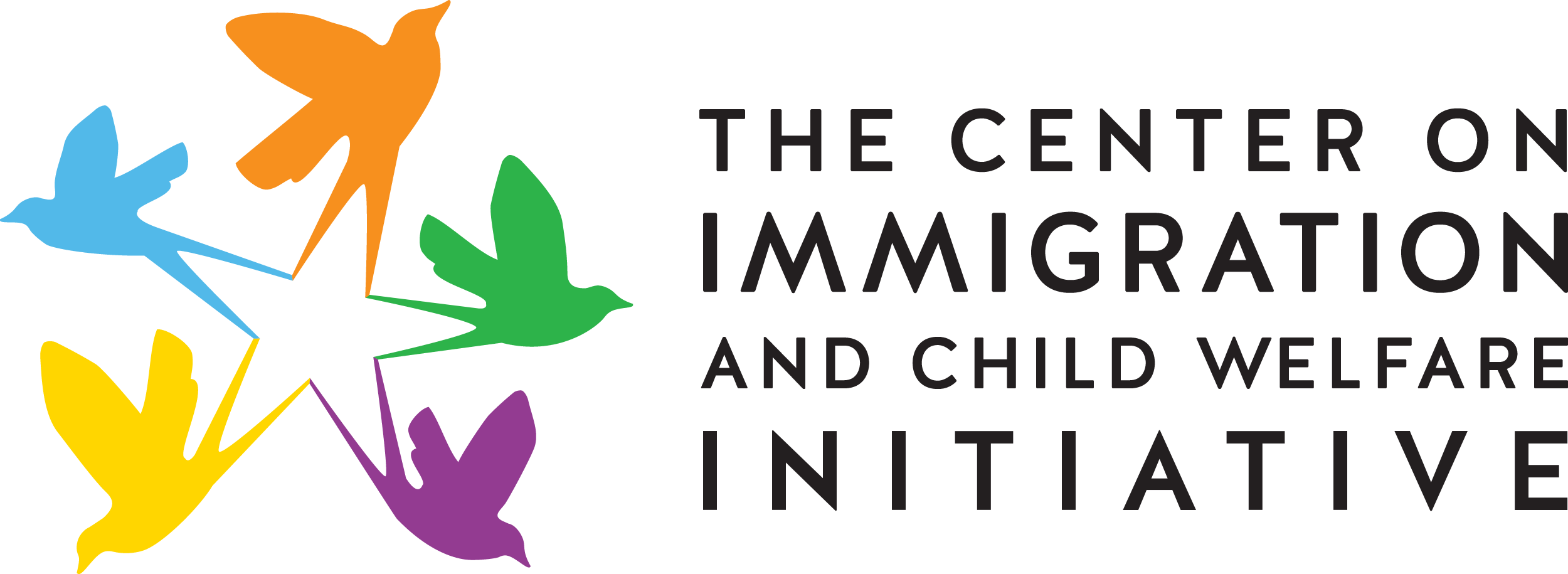Visualizing Trends for Children of Immigrants
Urban Institute (February, 2016)
This recently updated tool presents data and trends over time on children of immigrants and their parents, families, and households for states and the top 100 metropolitan areas. This information is available starting in 2006 and updated as of March 2019.
Immigration Data Matters
Jeanne Batalova, Andriy Shymonyak, and Michelle Mittelstadt, Migration Policy Institute (March 2018)
Communities in Crisis: Interior Removals and Their Human Consequences
Kino Border Initiative, The Center for Migration Studies of New York, and the Office of Justice and Ecology (November 2018)
Migrant advocacy groups at the Arizona border are seeing more immigrants being deported after spending many years living in the United States and a new survey by several faith-based groups details the hardships separated families face after a relative is deported.
Research Estimating Impact of Proposed Public Charge Rule: What Study to Use?
Protecting Immigrant Families (November 2018)
This document is a running summary of demographic and economic research estimating the impact of the Trump administration’s proposed public charge rule. The document includes information on each research product’s key findings and data sources and suggests best uses for each product while describing the limitations of each research product.
Immigrant Communities and the Public Charge Rule
Sarah Horton, Whitney Duncan, and Kristin Yarris, Anthropology News (October 29,2018)
This paper addresses ways in which immigrant communities have been impacted by the Trump administration’s proposed public charge rule. Different accounts are detailed in which families have made decisions to avoid the use of health care; even for children who are U.S. citizens. Anthropologists are encouraged to document these “chilling effects” and to stay alert to how public charge anxiety influences people’s engagement with local services.
How State-level Child Care Development Fund Policies May Shape Access and Utilization among Hispanic Families
Lisa Gennetian, Julia L. Mendez, and Zoelene Hill, National Research Center on Hispanic Children and Families (January 2019)
This research brief draws on a newly developed framework to understand how state policy context may contribute to racial/ethnic disparities in the use of CCDF subsidies—especially the low use by eligible Hispanic families.
The Effects of Forced Family Separation in the Rio Grande Valley: A Family Unity, Family Health Research Update
Martha Ockenfels-Martinez, Sara Satinsky, and Jonathan Heller, Human Impact Partners & La Union del Pueblo Entero (October 2018)
This report lifts up how everyday activities, like driving, can result in severe consequences for children and families in the Valley. A minor traffic stop can snowball into the detention or deportation of a Rio Grande Valley community member. We chronicle how current practices around traffic stops, identification (ID) cards, and immigration enforcement are affecting the health and safety of the entire Rio Grande Valley.
Applying Child Development Research to Immigration Policy
María A. Ramos-Olazagasti, National Research Center on Hispanic Children and Families (November 2018)
This brief discusses how research on child development, neuroscience, and trauma can inform federal policy regarding the treatment of children and their families arriving at our nation’s border.
State Immigration Enforcement Policies
Julia Gelatt, Heather Koball, Hamutal Bernstein, Carmaine Runes, Eleanor Pratt, Urban Institute & National Center for Children in Poverty (May 2017)
This report from Urban Institute and the National Center for Children in Poverty found that expanding state immigration enforcement policies increased material hardship (such as eviction or difficulty paying for basic household expenses) in immigrant households with children. Although the policies target unauthorized immigrant populations, lawful immigrant households also experienced more material hardship in states with expanded enforcement, suggesting a broader climate of fear created by such policies.

